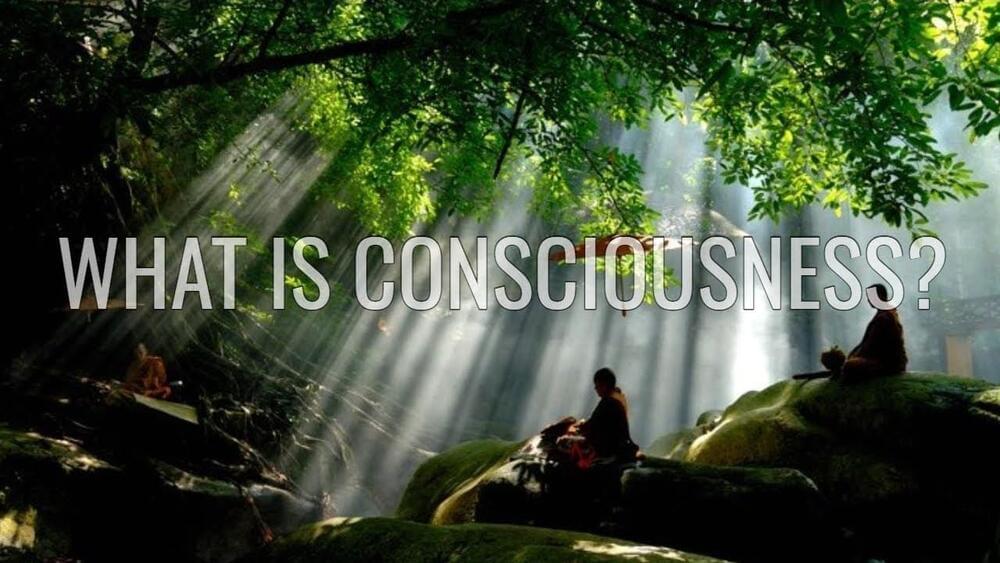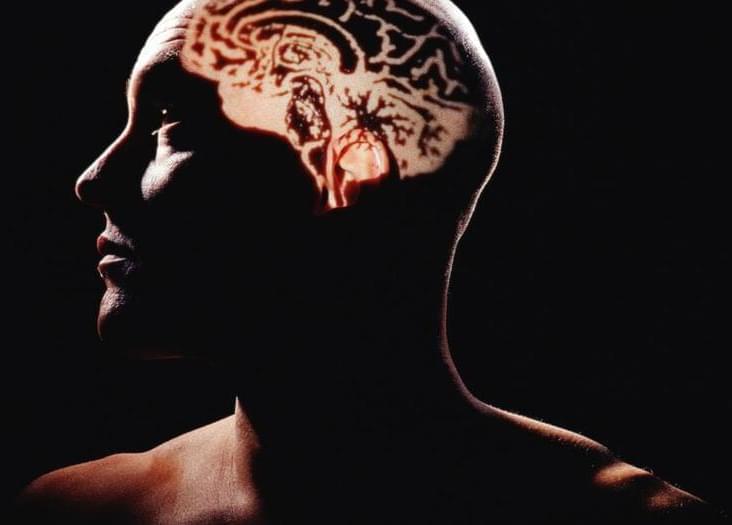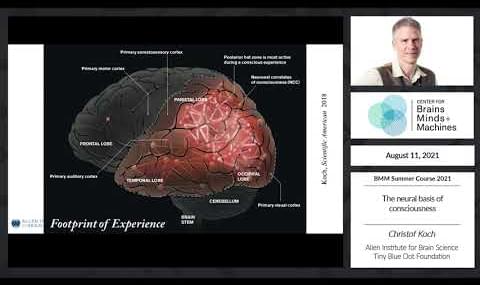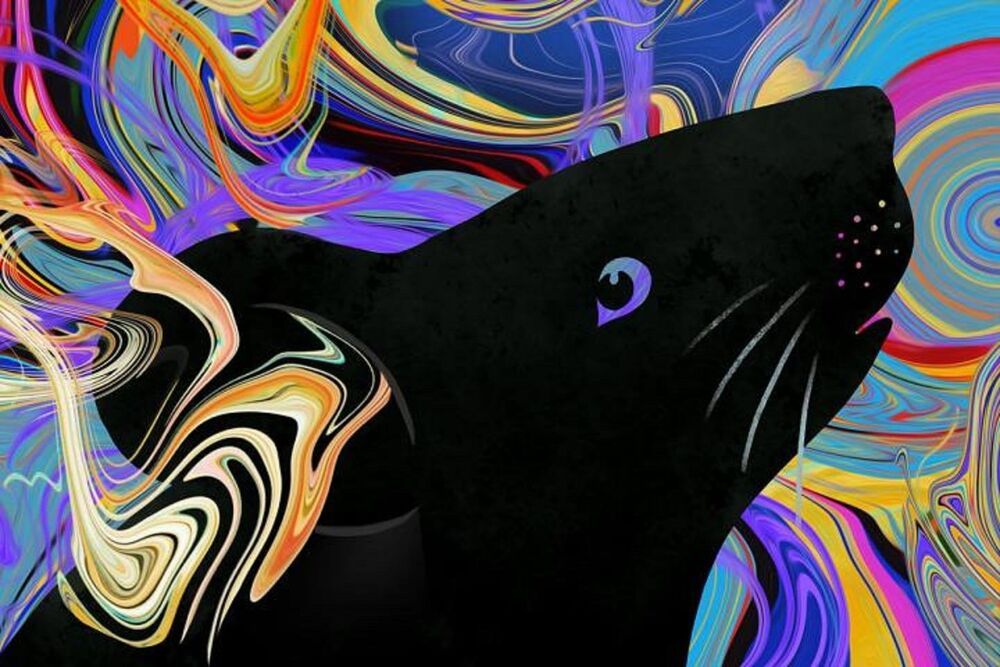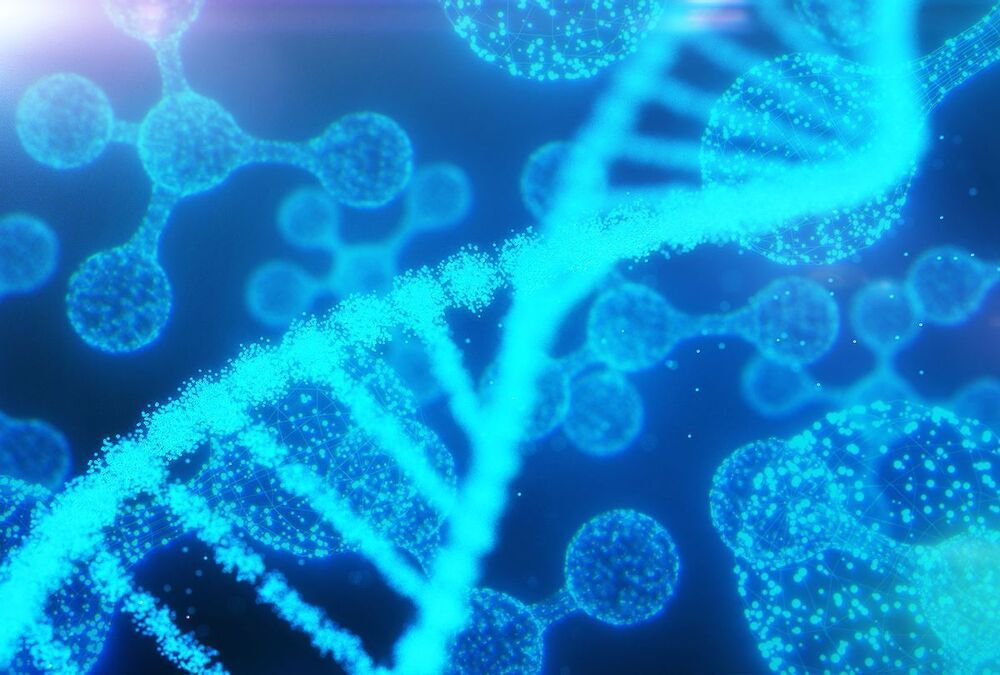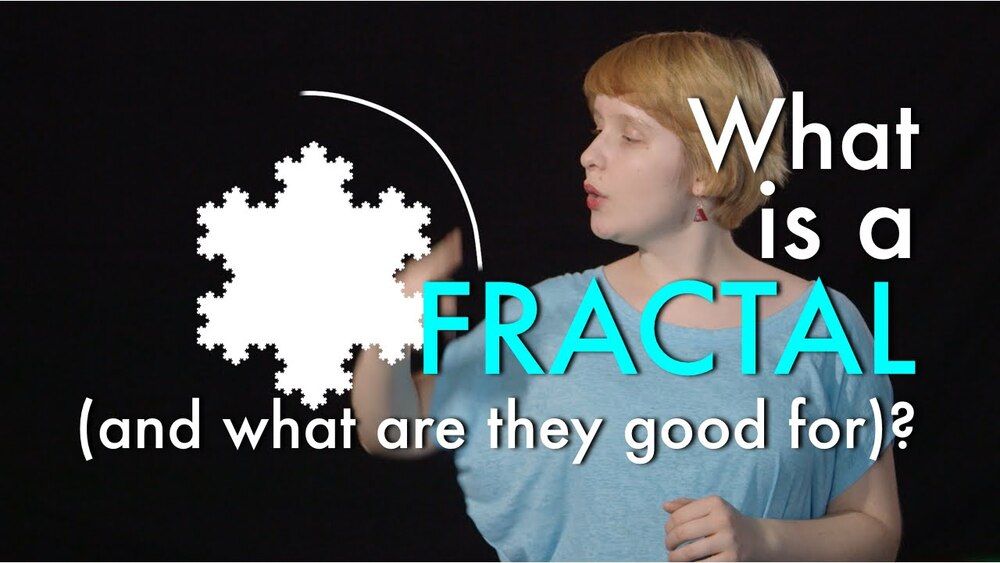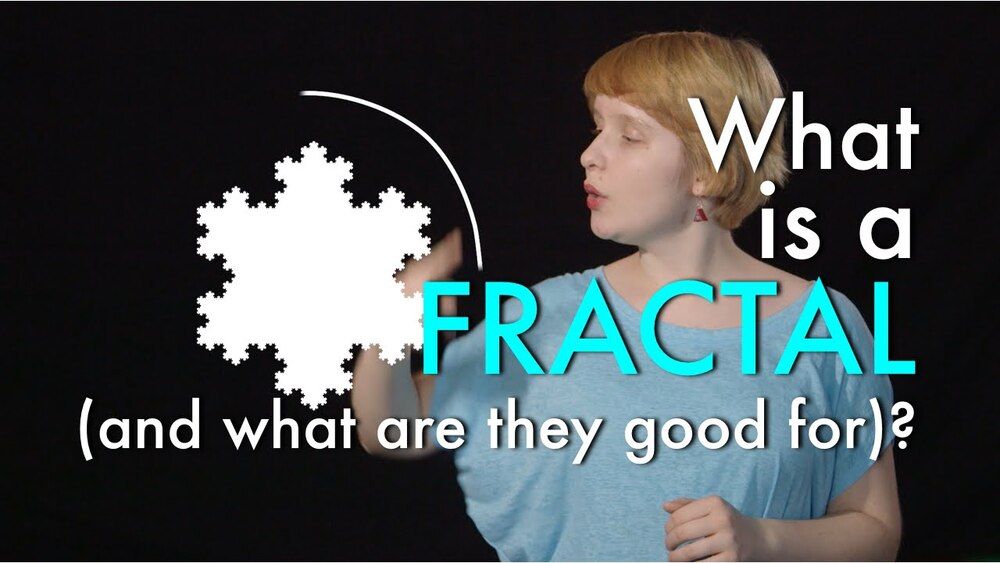Sep 2, 2021
What is Consciousness? A New Documentary Consciousness: Evolution of the Mind, Part I
Posted by Alex Vikoulov in categories: bioengineering, education, quantum physics, robotics/AI
Life is an integrated flow of quantum computational processes giving rise to our conscious experience. Based on the ontological model, the Cybernetic Theory of Mind by evolutionary cyberneticist Alex Vikoulov that he expands on in his magnum opus The Syntellect Hypothesis: Five Paradigms of the Mind’s Evolution, comes a new documentary ― Consciousness: Evolution of the Mind.
This film, hosted by the author of the book from which the narrative is derived, is now available for viewing on demand on Vimeo, Plex, Tubi, Social Club TV and other global networks with its worldwide premiere aired on June 8 2021. This is a futurist’s take on the nature of consciousness and reverse engineering of our thinking in order to implement it in cybernetics and AI systems.
